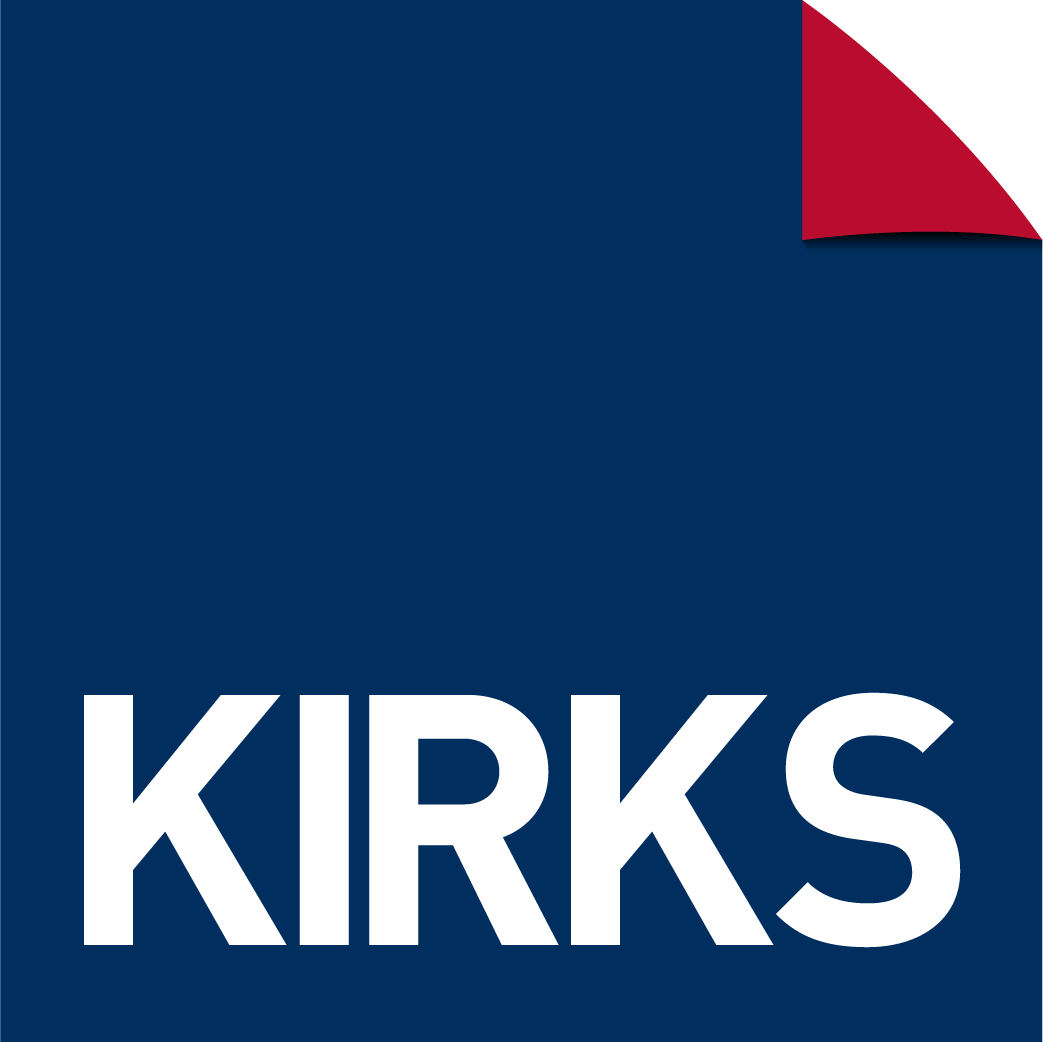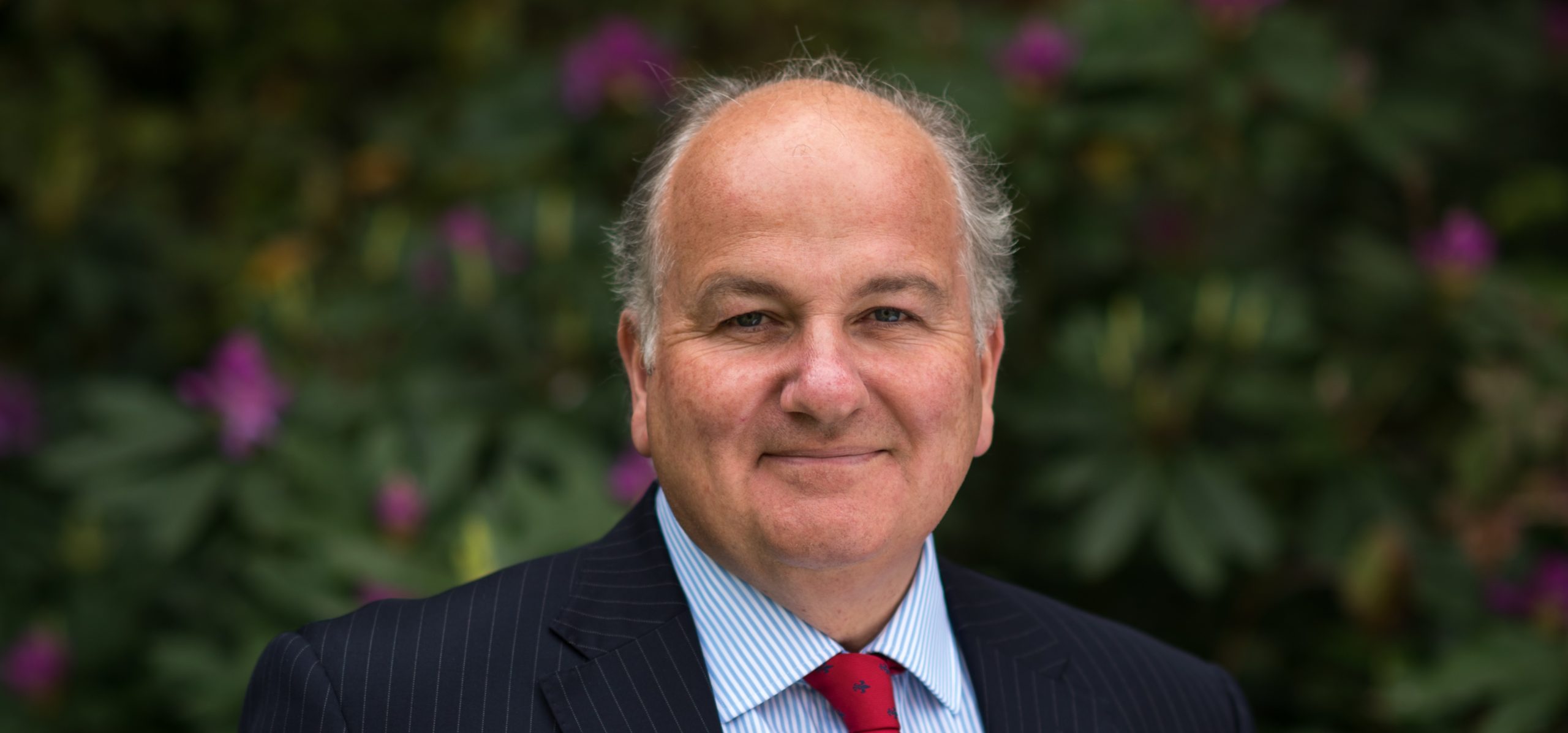The Quick Answer
Insolvency will probably mean that your business will cease trading and if you are a limited company go into liquidation. If you are a sole trader or partnership you may go bankrupt and lose your personal assets such as your home. Remember that the effects of insolvency will be different for each business, so it is worth speaking to a qualified Licensed Insolvency Practitioner (like us) before making any forecasts or decisions.
In More Detail
Consequences of Insolvency For Limited Companies And LLPs
For limited companies (or limited liability partnerships known as “LLP’s”) the consequences of insolvency will mean that the business will go into liquidation and stop trading or go into administration and be sold (maybe to a new owner). In some cases the outcome may be a company voluntary arrangement.
In the event of liquidation or administration, the insolvency practitioner instructed to deal with your company has to make a report to the Insolvency Service and in certain cases this may result in the directors being banned for a period of up to 15 years although these sort of cases are rare.
Directors and shareholders may also be asked to pay back funds such as dividends or overdrawn directors loan accounts. We will be up front with you if we think these are an issue for you.
In addition, the directors or a third party may be liable for personal guarantees they have given to the company’s creditors if the business goes into insolvency. This is typically the bank who may have been given guarantees for a business loan or overdraft.
Consequences of Insolvency For Sole Traders And Partnerships
For sole traders or partnerships (that are non LLP’s) the business owners are liable for the debts and their personal assets are at risk of being sold to repay the debts. This includes debts due to suppliers, HM Revenue and Customs, faulty work to customers and anyone else owed money by the business.
In addition it is possible in certain cases for bankrupted business owners to face bankruptcy restriction orders (“BRO’s”) if they have misbehaved whilst running the business. It is the Insolvency Service who investigates and takes these BRO actions against bankrupt sole traders or partners in a business.
It is worth getting advice early on about your options. A good way to avoid personal bankruptcy is an Individual Voluntary Arrangement. We have done a number of these very successfully over the years.
Contact Us Today
If you are worried about what action may be taken against you, get good advice early on from a Licensed Insolvency Practitioner like us. Please contact us for a free consultation.



